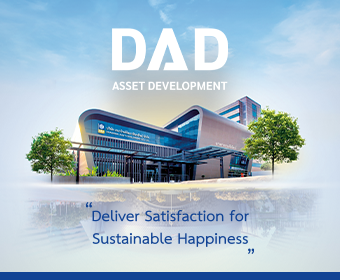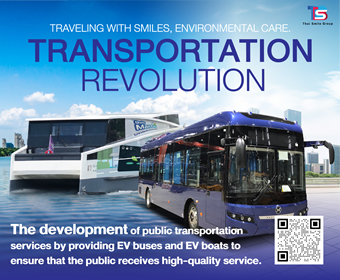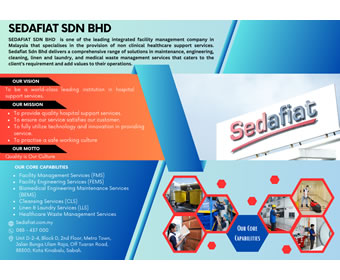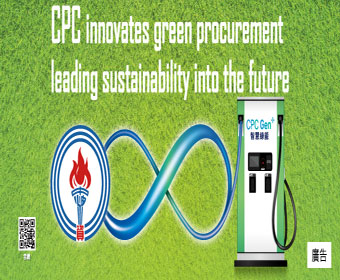The year 2025 is expected to be another successful year for the automotive industry as Kenanga Investment Bank Bhd (Kenanga IB) projects a total industry volume (TIV) of 805,000 units, which is an increase from an estimated 800,000 units in 2024.
The investment bank said the higher projection was backed by bigger pie slices encompassing a volume-driven affordable segment such as a healthy order backlog of Perodua vehicles which was sustained at more than 90,000 units backed by steady monthly deliveries and attractive new launches replacing older generation vehicles.
Other than that, Kenanga IB said that a downtrading trend by mid-market buyers amid fuel subsidy rationalisation towards fuel-efficient vehicles, which include hybrid, battery-electric-vehicles (BEVs) and energy-efficient-vehicles and a rising market share of Chinese automakers vehicles through vehicle production localisation programme will also help to boost the automotive sector.
“We also anticipate a mid-term review of the National Automotive Policy (NAP) to include hybrid vehicles as a key transition to the national target for electric vehicles (EVs) and hybrid vehicles of 15% of TIV by 2030 and 38% by 2040,” it said in a research note.
On the other hand, it also expects Hong Leong Industries Bhd to benefit from the robust demand from the motorcycles market to achieve a record year of 680,000 units in 2025, with Yamaha holding the lion’s share of 50%, as its target customers such as the B40 and M40 groups would spread the impact of the impending fuel subsidy rationalisation.
Additionally, Kenanga IB noted that the vehicle sales would also be supported by new BEVs that enjoy SST exemption and other EVs facilities incentives up until 2025 for completely built-up unit (CBU) and 2027 for completely knocked down (CKD) units.
“We expect more favourable incentives from the government, (particularly in) speeding up the approval for charging stations. The number of proposed charging stations is currently at 4,235 (3,354 built to date) and this should more than double to 10,000 by end-2025,” it added.
Aside from affordability, Kenanga IB said Perodua and Proton models outsold non-national brands as they have also caught up in terms of specifications and features such as digital speedometer, fuel-efficient engine, highly-responsive gearbox, advanced driver assistance system, the number of airbags (four to six) and anti-theft auto-locking system.
At the same time, mobility solutions provider, Avis Malaysia also projects a rise in demand for EVs in the corporate non-commercial leasing segment this year, driven by government-friendly policies.
DRB-HICOM EZ Drive Sdn Bhd chief executive officer Mohd Syahrul Yusuf said the forecast aligns with the rise in demand for EV models in 2024 within the company’s non-commercial leasing fleet.
“Using EVs will contribute to corporate environmental, social and governance (ESG) compliance, while also helping to reduce fuel costs borne by the company for its fleet. Of course, this will be subject to the readiness of the infrastructure in Malaysia, but the savings will be there,” he said.
Syahrul revealed that Avis Malaysia aims to increase customer growth by 10% this year, including growth in its car rental business.
“Because of the growing demand for EVs and at the same time, when we talk about major projects, they do not buy their vehicles – they lease them. We see potential, along with the booming Malaysian tourism landscape post-COVID-19,” he added.
Syahrul also highlighted the growing popularity of vehicle leasing in the corporate sector, driven by Avis Malaysia to lead the creation of a transportation ecosystem that is not only seamless but also sustainable and tailored to the customer’s needs.
Leasing could also provide hassle-free, peace of mind and no surprise costs while also enhancing capital expenditure flexibility and improving cash flow management.
Additionally, businesses can even opt for telematics and fleet management solutions to monitor vehicle usage and optimise efficiency.
The post Experts See TIV Rising in 2025 With a Surge in Corporate EVs first appeared on Logistics Asia.

















